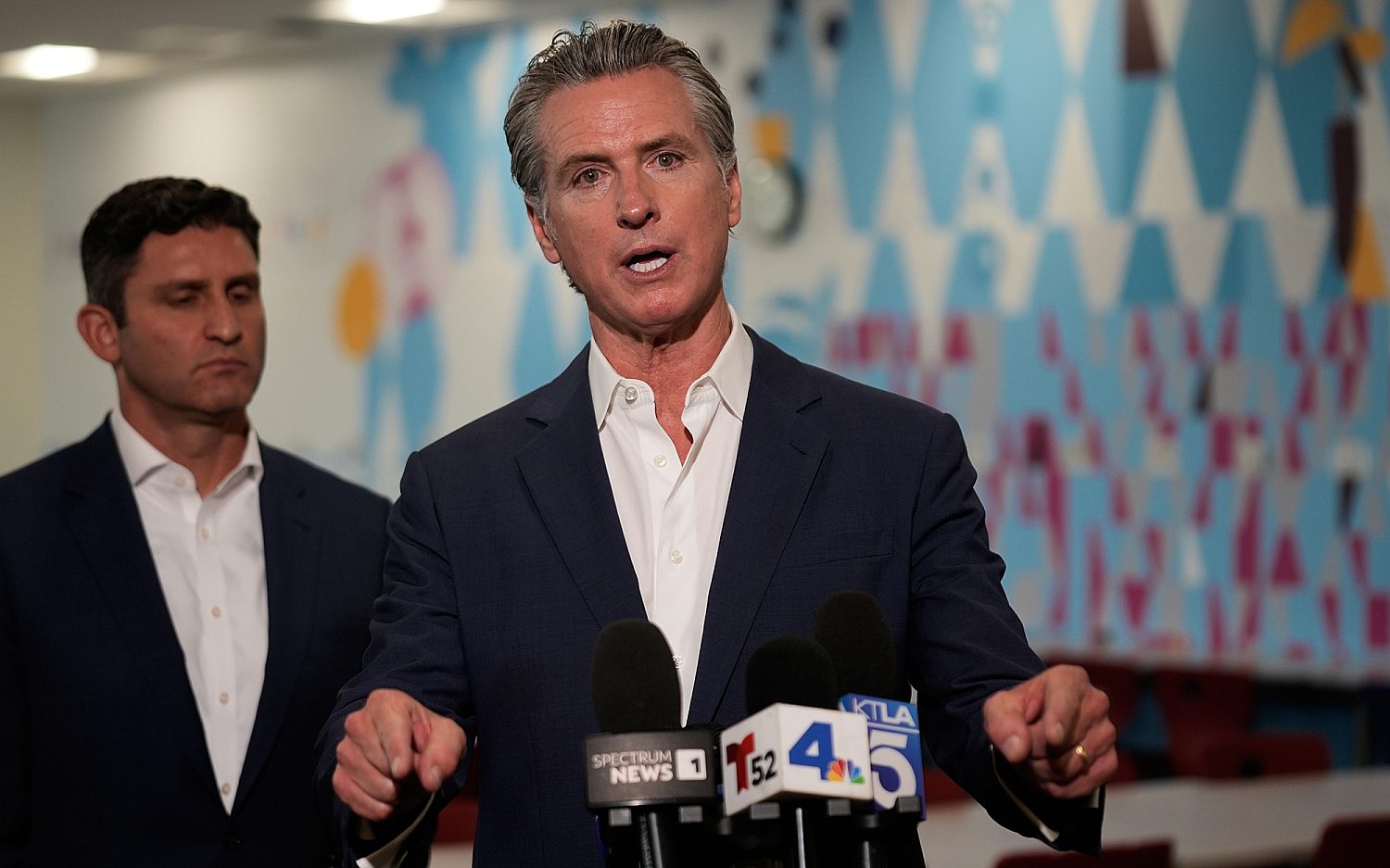Weekend Reads: Religious violence and revival
Fields of Blood: A History of Religion and Violence
By Karen Armstrong
Karen Armstrong has written a finely wrought book, packed with information and guaranteed to spark stimulating conversations. Fields of Blood: A History of Religion and Violence (Knopf, 2014) takes its name and much of its material from the Bible. Surveying civilizations ancient and modern, she finds that there is simply no direct connection between religion and violence. The most pacifistic of creeds must become violent when confronted with the actual needs of statecraft. Herself a skeptic of sorts, Armstrong nevertheless sees much value in religion, whose principal function is (according to her) to critique the violence of the state and present alternative ways of living without the use of overwhelming force. Of course, given the violence of human nature, a non-violent civilization is impossible. But violent religion generally stems not from the intolerance of religion, but from the human need to sacralize everyday activities and thereby render them meaningful.
Obviously, this thesis is profoundly antagonistic to what Armstrong calls the “founding myth” of the modern West. This story—that the Reformation produced senseless wars of religion fought until at Westphalia Europeans realized that religion could be privatized in a secular (and thus non-violent) nation-state—is, to her, so inaccurate as to be virtually false. The “wars of religion” were mostly about the balance of power (i.e., not religion), and the secularized nation-state has been more violent than any religion. Armstrong believes the violence Westerners associate with Islam is more a product of nationalism than of religion; “ignorance of Islam” is more likely responsible for “Islamic” terror than Islam itself.
The book begins by describing ancient Israel’s scapegoat ritual, and ends with what for the Christian reader is a note of overpowering irony: “The scapegoat ritual was an attempt to sever the community’s relationship with its misdeeds; it cannot be a solution for us today.”
Revival: Faith as Wesley Lived It
By Adam Hamilton
Revival: Faith as Wesley Lived It (Abingdon, 2014) is two parts biography of John Wesley (1703-1791), the founder of Methodism, and one part prescription for the contemporary church and Christian. How did John Wesley bring revival in his own day? More importantly, how can following his methods and convictions bring revival in ours?
Author Adam Hamilton pastors The United Methodist Church of the Resurrection in Kansas. He likes the mediating strain in Wesley’s theology. In fact, Hamilton even claims to be both conservative and liberal. Hamilton argues that Wesley’s core contribution was to unite the evangelical gospel with the social gospel: The church is called to proclaim God’s power to save souls and to do works of mercy. Both parts of the gospel, Hamilton emphasizes, require communion with God through the saving work of Christ that results in a passion for holy living.
Revival appreciates the historic Methodist emphasis on the mind and points out repeatedly that Methodists founded Duke University, Emory University, Southern Methodist University, the University of Southern California, and hundreds of other educational institutions. In the two centuries since Wesley’s death, his dynamic followers have planted more than 40,000 churches in the United States alone. According to Hamilton, there are three historic keys to Methodist growth: preaching, singing, and small groups. Each Christian as well is called to utilize “intellect, spiritual discipline, and faith.”
Certainly Hamilton’s vision of a contemporary church in which every member is “theologically informed, spiritually transformed, and effectively serving God in the world” is compelling. His prescription for getting there is even better: The book closes with a picture of Wesley’s prayer closet at his last home in London, “where the power of the Methodist revival came from: It was the power of God that came from the prayers of Wesley and so many others.”
An actual newsletter worth subscribing to instead of just a collection of links. —Adam
Sign up to receive The Sift email newsletter each weekday morning for the latest headlines from WORLD’s breaking news team.





Please wait while we load the latest comments...
Comments
Please register, subscribe, or log in to comment on this article.